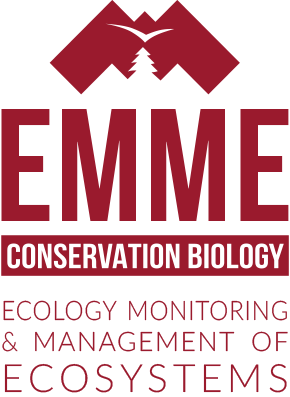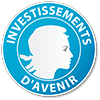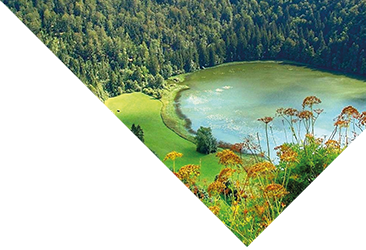Description:
This unit is the longer of the two training placements in a real-life professional situation (from 4 to 6 months) in the syllabus. This placement allows students to apply concepts and methodologies learned during the masters. The internship can be carried out in a private or public body, academic or professional, on a subject defined by the hosting structure and validated by the teaching staff of the masters, in the field of Ecology, Monitoring and Management of Ecosystems.
Learning Objectives:
Theoretical learning outcomes:
• Developing in-depth knowledge specific to the internship subject (environmental issues and concepts) and to the hosting structure (socio-economic environment).
Technical learning outcomes:
• Integrating into a professional structure by demonstrating professionalism.
• Being able to identify concepts and tools to apply for answering a scientific question.
• Being able to solicit the supervisor in the hosting structure and the university tutor to overcome potential difficulties (methodology or interpersonal relationships) as soon as they happen.
• Acquiring technical and methodological skills specific to the project assigned to the intern.
• Writing an internship dissertation answering the expectations of the hosting structure (activity report for funders and stakeholders…) and of the Masters (defense jury).
Prerequisites:
Good internship project management is based on Learning outcomes of the Following units : Job Prospect Techniques (M1), Project Funding and Management, and Literature Review (M2). Students have therefore to utilise skills acquired earlier in the syllabus.
Assessment:
Written dissertation and oral defense. The report can be written in English or in French. However the slide presentation and the oral defense have to be performed in English.
Recommended Reading:
Guide des stages étudiants. 2018. Ministère de l’enseignement supérieur, de la recherche et de l’innovation.
Coordinator:
Frédéric GIMBERT, frederic.gimbert@univ-fcomte.fr





